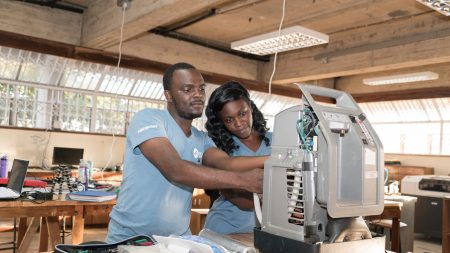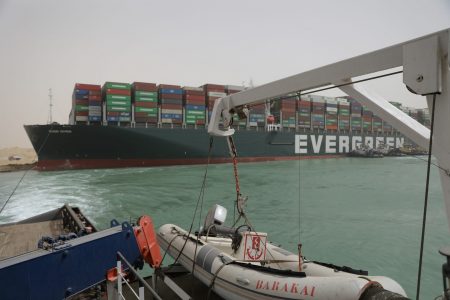Takeaways · Nonfungible tokens prove ownership of a digital item – image, sound file or text – in the same way…
Browsing: The Conversation
Renewed concern about the safety of public streets, especially for women, has prompted the UK government to announce the doubling of…
The COVID-19 pandemic continues to have dramatic impacts on mobility, work routines, social interactions and psychological distress. Although no longer…
Over the past decade, selfies have become a mainstay of popular culture. If the #selfie hashtag first appeared in 2004, it…
Dr. Msandeni Chiume Kayuni found herself in the middle of a supply crisis as COVID-19 spread to Africa in April…
The pandemic has bred a new dependence on online technologies for work and social engagement. Immersive technology such as that…
When music fans listen to their favourite album, there’s a certain satisfaction derived from knowing that they paid for the…
Everyone needs to know the time. Ever since the 17th century Dutch inventor Christiaan Huygens made the first pendulum clock,…
n the early hours of March 23, the container ship Ever Given was blown off course by high winds on its way…
The impacts and burdens of COVID-19 are distributed in a highly uneven fashion. For many, COVID-19 has meant job losses,…










